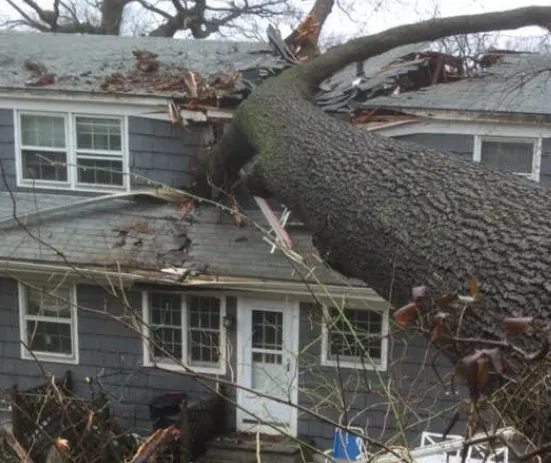Losing your home to a fire, storm, or other disaster is a deeply stressful experience, and one of the first questions many homeowners ask is: Do I have to rebuild on the same property, or can I take the insurance payout and start fresh somewhere else?
The simple answer is yes, you often can choose to relocate — but how much money you receive from your insurance company depends heavily on the details of your policy. Understanding those details before disaster strikes can help you make a decision that works best for your situation.
Replacement Cost vs. Actual Cash Value: Know What You Have
The first step is to review your homeowners insurance policy and determine whether your home is insured for Replacement Cost or Actual Cash Value (ACV).
- Replacement Cost: This covers the full cost to rebuild your home as it stands today. For example, if rebuilding would cost $350,000, your policy should reflect that amount. If you’re underinsured, you might not receive enough to rebuild — and in some cases, you could face penalties for being undercovered. Overinsuring, however, won’t result in a higher payout. Even if your home is insured for $900,000, you’ll still only receive the amount needed to rebuild (in this case, $350,000).
- Actual Cash Value: This is the replacement cost minus depreciation. The insurance company considers the age and condition of your home when calculating your payout, which usually results in a lower amount than full replacement cost.
Understanding Your Options: Cash-Out and Agreed Value Policies
Even if your home is insured for replacement cost, whether you can “cash out” without rebuilding depends on the type of coverage you have.
- Cash-Out Option: Some policies include a provision that allows you to receive the replacement cost payout without rebuilding. This means you could choose to relocate instead of reconstructing your home on the same property. It’s important to note that this is not the same as “guaranteed replacement cost” — they’re two different features.
- Agreed Value Coverage: With this option, you and the insurer agree in advance on the value of your home. If it’s a total loss, that amount is paid out, and you may have the flexibility to walk away rather than rebuild. Some policies require you to update this agreed value periodically to ensure accuracy.
Because not all insurers offer these features, it’s worth contacting your insurance agent to confirm whether a cash-out option or agreed value coverage is available through your provider.
What Happens If You Don’t Have These Options?
If your policy doesn’t include a cash-out provision or agreed value coverage, you’ll likely only receive the full replacement cost payout if you rebuild on the same property. If you decide to move instead, your insurer may pay only the depreciated amount — which is often significantly less.
Final Thoughts
You are not obligated to rebuild your home on the same property after a total loss, but the financial implications depend on your coverage. Reviewing your policy now — and discussing your options with your insurance agent — can save you from unwelcome surprises later. If flexibility to move is important to you, explore whether your insurer offers cash-out or agreed value options so you can make the best decision for your future.










